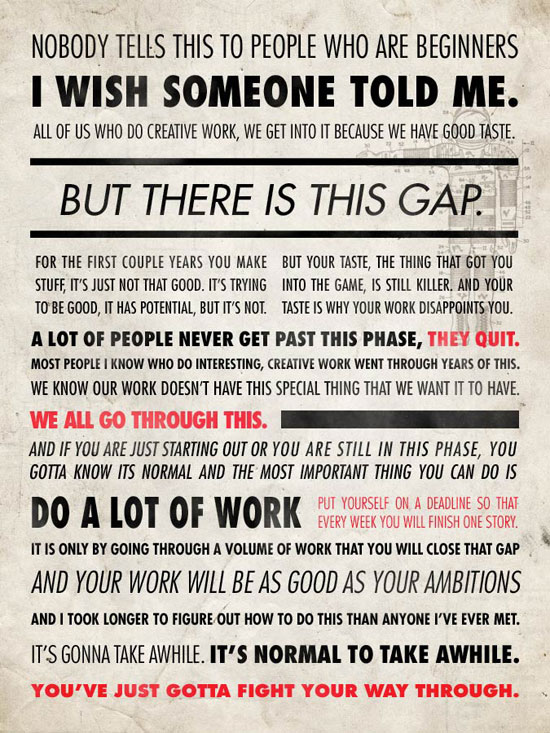Learn something new about North Korea.
Reposted from The Economist

ALONG with America and South Korea, Japan is one of a handful of states that has no diplomatic relations with North Korea (though 165 countries do). On the rare occasions when they meet, the Japanese and North Korean leaders mostly discuss the thorny issue of abductees, seized from Japan’s beaches more than three decades ago. Japanese views of North Korea are the most damning in the world: in a survey conducted last month by GlobeScan, a pollster, not one respondent viewed the North’s influence as positive. Yet around 10,000 pupils in Japan study in schools that teach allegiance to the North’s Dear Leader and his father, Kim Il-sung. Why?
Between 1905 and 1945, when Japan occupied Korea, ethnic Koreans were considered Japanese nationals. After Japan lost control of the peninsula in the second world war, Koreans wishing to stay in Japan (known as Zainichi Koreans) were provisionally registered as nationals of Joseon, the name of undivided Korea between the 14th and 19th centuries. But when the North and South declared independence in 1948, the term Joseon no longer corresponded to a specific country. From 1965 Zainichi Koreans could register as South Koreans. Those who retained their Joseon nationality (rather than register as either South Korean or Japanese) became de facto North Korean citizens.
So part of the reason for the existence of the North Korean schools is an accident of history. About a quarter of the 600,000 Zainichi Koreans are members of Chongryon, a pro-North Korean organisation based in Japan which runs a network of banks, secondary schools and a university in Tokyo (though its big business is in pachinko, or gaming parlours). Its schools (known as joseon hakkyo, or Joseon schools) are vestiges of Korea’s colonial history rather than true indoctrination camps. But Chongryon serves as North Korea’s de facto embassy in Japan. For decades North Korean coffers funded its schools. Their curriculums are outside Japanese control; school excursions are usually to Pyongyang, the North’s capital. The organisation frowns upon marriage to Japanese citizens, and discourages Japanese naturalisation.
That said, many of Chongryon’s members hold South Korean passports—including North Korea’s most famous footballer, Jong Tae-se, who studied at a joseon hakkyo and who may hold passports for both Koreas. That is fine with South Korea, which considers all North Koreans to be citizens of the South anyway.
Photo Credits: AFP



